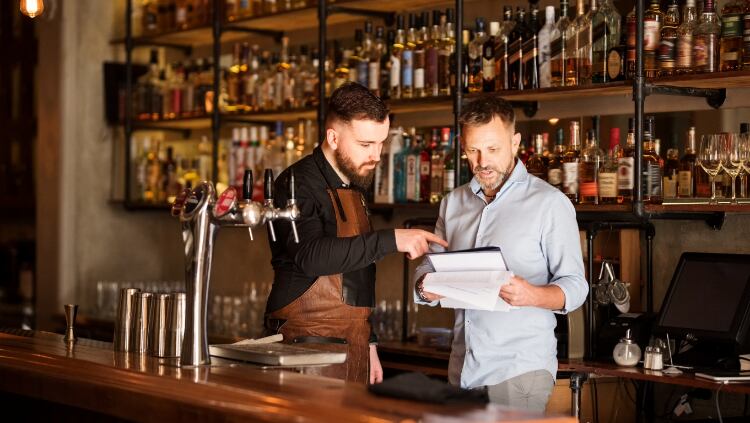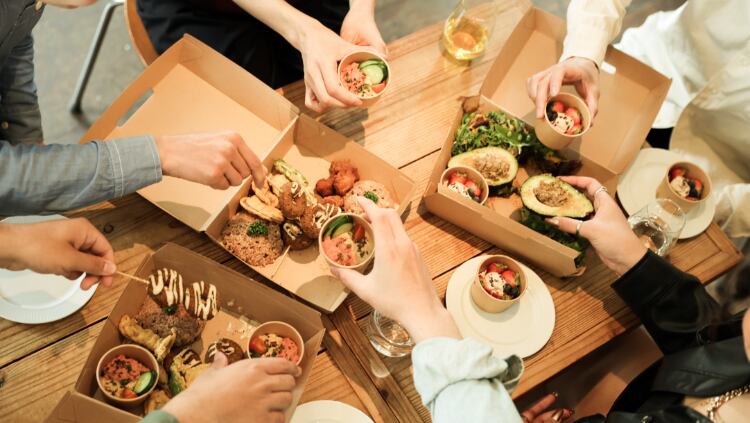The poll of leaders showed nearly half (47%) felt confident about their business for the next 12 months, which is a strong recovery from 29% in CGA’s last survey three months ago. Despite this rise in confidence, 20% of respondents admitted to feeling pessimistic.
What’s more, three in 10 (30%) of leaders felt confident about the eating and drinking out market in general. This is significantly higher than the 8% recorded in the prior survey, but still some way off the 65% that was recorded in January 2022.
CGA director for hospitality operators and food EMEA Karl Chessell said: “After battling through three relentlessly challenging years, hospitality leaders are rightly upbeat about their long-term prospects. Pubs, bars and restaurants have coped admirably with the pressures forced on them, and consumers remain as keen as ever to eat and drink out when they are able.”
However, he added, business confidence is still lagging well behind pre-Covid levels, and with few signs of respite on costs it is clear 2023 will be another difficult year.
“Hospitality is a dynamic and resilient sector, but thousands of fragile businesses need support on tax and bills if they are to ride out these immense challenges,” he said.
Resilient sector
The survey highlighted hospitality’s resilience in the face of tough trading conditions. More than four in five (84%) of leaders said their business operated at a profit last year, and nearly half (51%) were more profitable than in 2021.
However, many businesses remained very vulnerable after three years of disruption from Covid and fast-rising costs, with 14% of respondents fearing their business was at risk of failure in 2023.
Fourth managing director EMEA Sebastien Sepierre said the sector was in a “precarious position” despite the survey highlighting a growth in business and trading confidence.
Sepierre said businesses were continuing to fight a battle on multiple fronts, contending with workforce related challenges and soaring costs that are hitting supply chains hard.
He believed technology played a vital role in solving these challenges, helping businesses to engage and motivate employees, drive efficiency across the board, and identify and, ultimately, realise cost savings.
The research from CGA and Fourth drew attention to the many inflationary pressures facing hospitality.
Soaring costs
Furthermore, nearly all leaders said they had experienced higher costs in food and drink (96%), energy (91%) and front-of-house labour (91%), which had led to average rises of 12% and 10% in food and drink menu prices respectively in the last 12 months.
The survey also emphasised the pressing need for Government support for the sector in 2023. Four in five (81%) of leaders also wanted to see a cut in hospitality’s rate of VAT, and significant numbers would welcome help with business rates reform (61%) and more generous support on energy costs (46%).
UKHospitality (UKH) chief executive Kate Nicholls thought the optimistic attitude on show from leaders in hospitality demonstrated the resilience and positivity of the industry, even in the face of enormous challenges.
With the cost-of-doing-business crisis showing no signs of slowing down, Nicholls said there was “urgent action needed” to tackle the root causes of inflation and clear support among leaders for UKH’s asks of the Government in the Budget.
She continued: “If the Chancellor acts to extend more energy support, reform the broken business rates system and reduce the sector’s rate of VAT, the Government can harness the spirit of hospitality businesses to see off current challenges, drive economic growth and lift the nation’s economy.”




